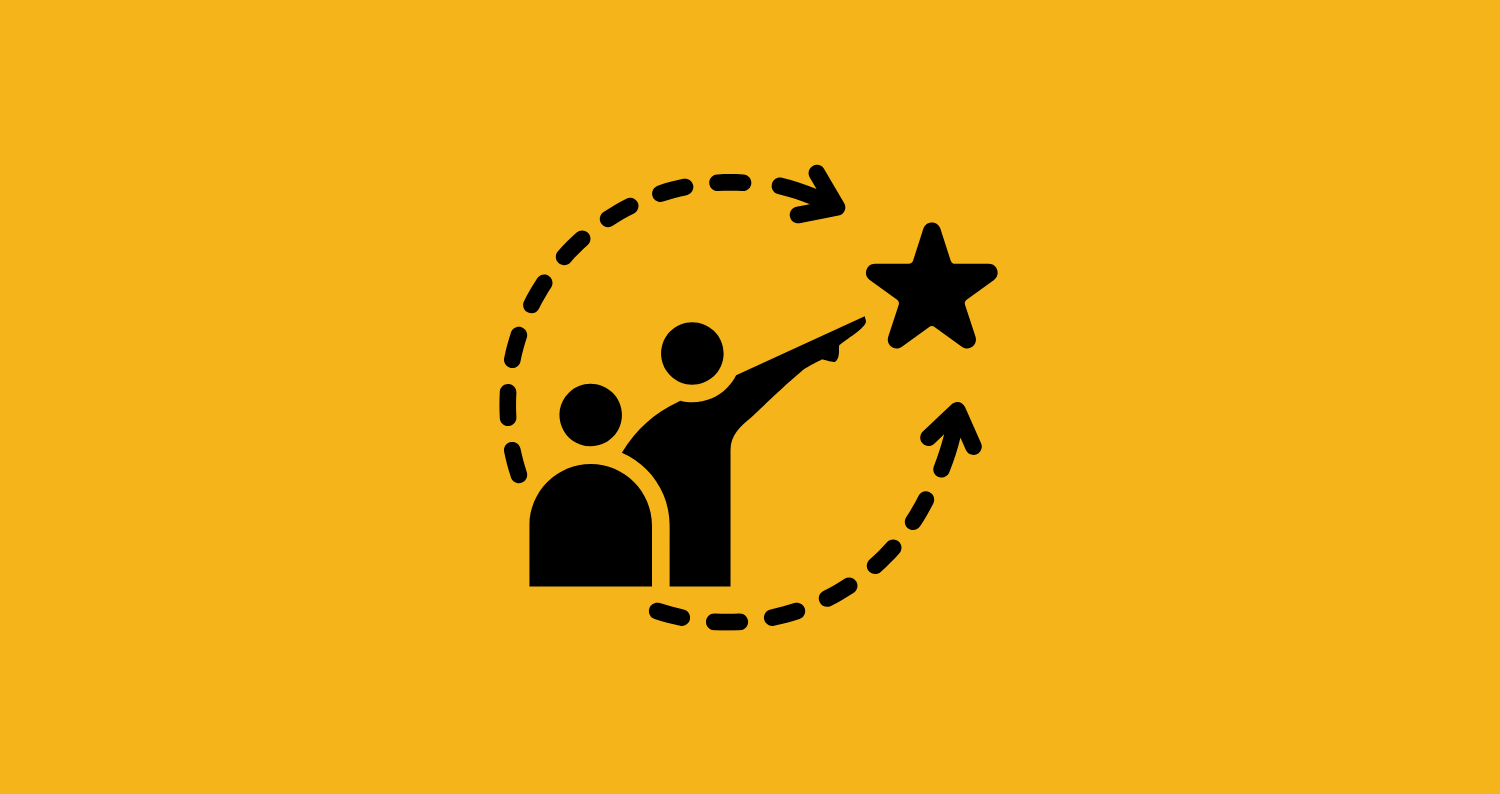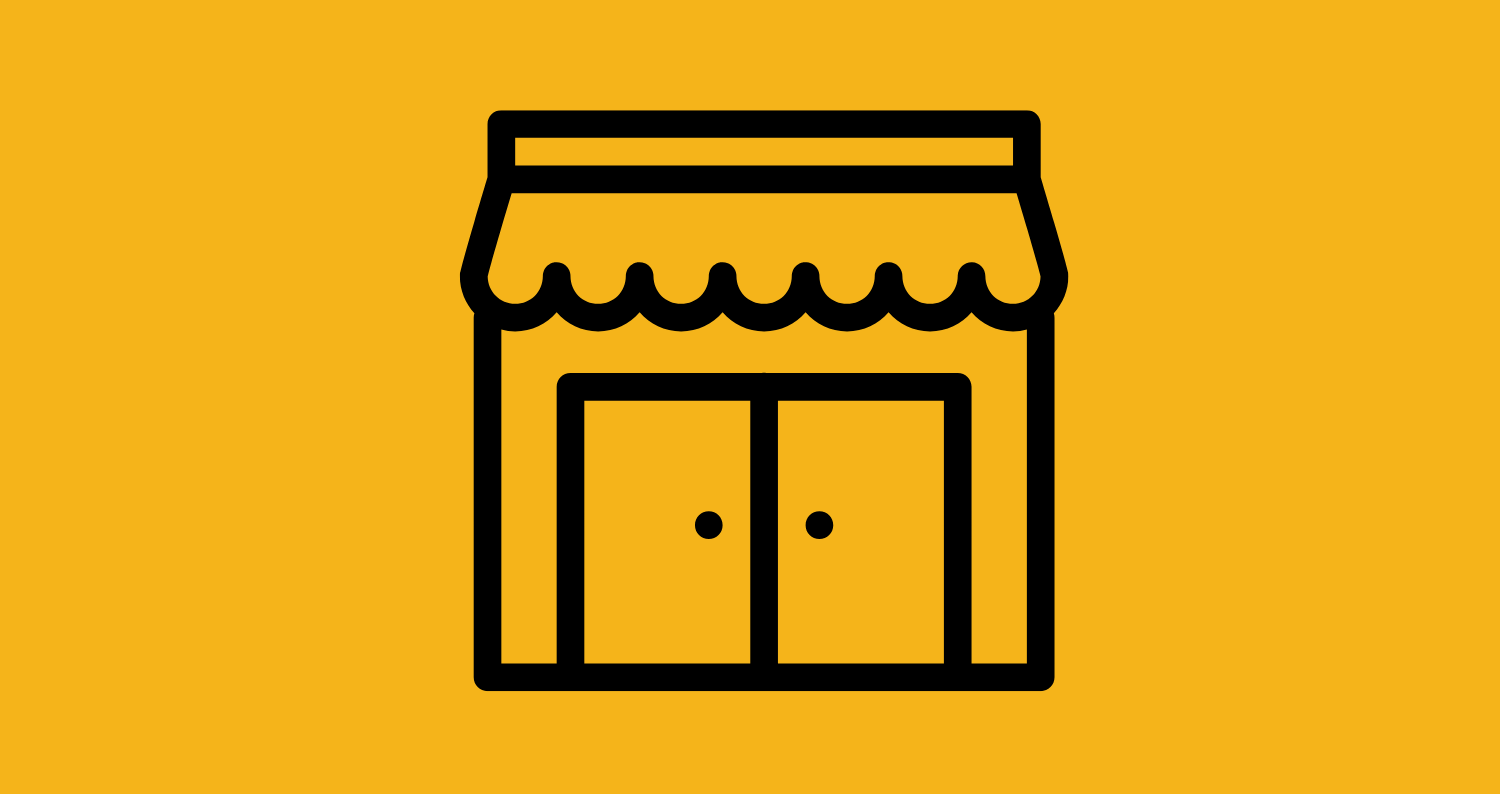
Leading a business on your own can be both exhilarating and daunting. You’re the captain of your ship, steering towards success, but without a crew to help navigate, it’s easy to lose direction.
The freedom of being a solo entrepreneur is unmatched, yet the challenges of staying focused and achieving your biggest goals can often feel overwhelming.
This is where the role of an accountability coach comes in—a professional partner dedicated to helping you stay on course and reach the milestones that truly matter to you.
In this blog, I’ll explore the importance of accountability, how an accountability coach differs from a business coach, and provide you with seven foolproof steps to finding the perfect accountability coach for your business.
What Is Accountability?
Accountability, at its core, is the practice of being held responsible for your actions, commitments, and goals. It’s about having someone or something that ensures you stay on track, follow through, and achieve what you set out to do. In the context of business, accountability is crucial because it bridges the gap between setting goals and actually achieving them.
When you’re the only person running your business, it’s easy to fall into the trap of procrastination or to push important tasks to the back burner. Without someone to hold you accountable, you may find yourself constantly putting out fires instead of building the future you envision. This is why accountability is essential—it forces you to prioritize, take consistent action, and make progress.
Why an Accountability Coach Is Different from a Business Coach
Before we dive into the steps, it’s important to understand the difference between an accountability coach and a business coach. While both roles are valuable, they serve different purposes.
- Business Coach: A business coach focuses on strategy, skills development, and overall business growth. They provide guidance on areas such as marketing, sales, operations, and leadership. A business coach helps you develop the skills and strategies needed to run and grow your business effectively.
- Accountability Coach: An accountability coach, on the other hand, is focused on helping you stay on track with your goals. Their primary role is to ensure you’re consistently taking action toward your objectives. While they may offer some strategic advice, their main function is to hold you accountable for the commitments you’ve made, helping you overcome obstacles like procrastination, lack of focus, and overwhelm.
In essence, a business coach is like a GPS that provides directions, while an accountability coach is the co-pilot that ensures you stay on course.
7 Foolproof Steps to Finding the Perfect Accountability Coach
Now that you understand the value of accountability and the distinct role of an accountability coach, let’s explore the seven steps to finding the perfect one for your business.
Step 1: Clarify Your Goals and Needs
The first step in finding the right accountability coach is to get clear on what you want to achieve. What are your most important goals? What challenges are you facing in staying committed to these goals?
Take some time to reflect on the areas where you need the most support. Are you struggling with time management? Do you find it difficult to prioritize tasks? Are you looking for someone to help you stay focused on your long-term vision?
By understanding your specific needs, you’ll be better equipped to find an accountability coach who can provide the support and guidance you require.
Step 2: Research Potential Coaches
Once you’ve identified your goals and needs, it’s time to start researching potential accountability coaches. Look for coaches who specialize in working with solo business owners and have a track record of helping their clients achieve tangible results.
You can start by searching online for “accountability coach” and exploring their websites, testimonials, and case studies. Pay attention to their areas of expertise, coaching style, and the types of clients they’ve worked with in the past.
Another effective way to find potential coaches is to ask for recommendations from your network. Reach out to fellow business owners or entrepreneurs and ask if they’ve worked with an accountability coach they’d recommend.
Step 3: Evaluate Their Experience and Approach
As you narrow down your list of potential coaches, take the time to evaluate their experience and approach to coaching. An effective accountability coach should have a strong background in helping clients stay on track with their goals. Look for someone with experience in your industry or who has worked with businesses similar to yours.
Additionally, consider their coaching approach. Do they focus on regular check-ins, goal-setting sessions, or specific action plans? Do they use tools like project management software or accountability apps? Make sure their approach aligns with your needs and preferences.
Step 4: Schedule a Consultation
Before committing to a coach, it’s important to schedule a consultation. This is your opportunity to ask questions, discuss your goals, and get a sense of their coaching style.
During the consultation, pay attention to how well the coach listens to you and whether they understand your challenges and goals. Do they ask insightful questions? Do they offer practical advice or suggestions?
The consultation is also a chance to assess your rapport with the coach. A strong coach-client relationship is built on trust and communication, so it’s important to feel comfortable and confident in your coach’s ability to support you.
Step 5: Assess Their Accountability Tools and Methods
An effective accountability coach should have a variety of tools and methods to help you stay on track. During your consultation or initial sessions, ask about the specific tools they use to monitor progress, set goals, and hold you accountable.
Some coaches may use project management tools, while others might prefer regular check-ins via phone or video calls. Others might incorporate accountability apps that allow you to track your progress in real-time. Make sure the tools and methods they use are a good fit for your working style and preferences.
Step 6: Consider Their Availability and Commitment
Accountability coaching is a collaborative process, so it’s important to consider the coach’s availability and commitment to your success. How often will you meet? Are they available for support between sessions if needed?
Discuss their expectations for communication and follow-up, and make sure they align with your needs. A good accountability coach should be committed to helping you achieve your goals, which means being available to support you when challenges arise.
Step 7: Review Testimonials and Success Stories
Before making your final decision, take the time to review testimonials and success stories from the coach’s previous clients. This will give you a better understanding of the results they’ve helped others achieve and whether they’re likely to be a good fit for you.
Look for testimonials that highlight specific outcomes, such as increased productivity, goal achievement, or business growth. Success stories that resonate with your situation can provide valuable insight into what you can expect from working with the coach.
Conclusion
Finding the perfect accountability coach is a critical step for solo business owners who aspire to grow their business and achieve their most important goals. By following these seven foolproof steps—clarifying your goals, researching potential coaches, evaluating their experience and approach, scheduling a consultation, assessing their tools and methods, considering their availability, and reviewing testimonials—you’ll be well on your way to finding the right coach to support your journey.
An accountability coach can be the missing link between where you are now and where you want to be. They can provide the guidance, structure, and support you need to stay focused, take consistent action, and ultimately achieve the success you envision. So, take the time to find the perfect coach for you—it could be the best investment you make in your business.
By understanding what accountability truly means and how an accountability coach differs from a business coach, you can make an informed decision that aligns with your goals and aspirations. Remember, the right coach is not just a guide, but a partner in your success journey, helping you navigate the path to growth and fulfilment in your business.
continue reading
More Playbooks...
An accountability coach is a professional partner who helps you bridge the gap between setting goals and actually achieving them.
There’s the thrill of making your own decisions, but let’s be honest—it can also feel overwhelming.


